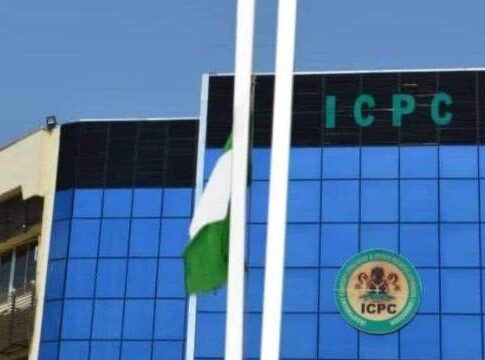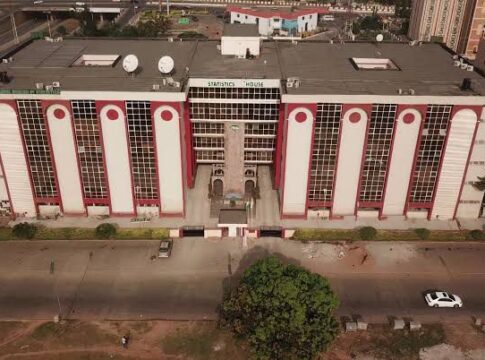The Independent Corrupt Practices and Other Related Offences Commission (ICPC) has revealed that Nigeria’s Supreme Court and 14 other government bodies failed the 2024 Ethics and Integrity Compliance Scorecard (EICS). The annual report highlights critical lapses in governance, fueling concerns over systemic corruption in public institutions.
The report, released Thursday in Abuja, showed none of the 330 Ministries, Departments, and Agencies (MDAs) assessed achieved full compliance. Key failures included the absence of whistleblower policies, poor financial management, and outdated administrative systems. “Our findings reveal systemic gaps that hinder accountability and transparency,” said ICPC spokesperson Demola Bakare.
The Supreme Court and other non-compliant MDAs, including the Nigeria Press Council (NPC) and Legal Aid Council, scored zero percent. High-performing agencies like the Joint Admissions and Matriculation Board (JAMB) scored 89.75%, while the Nigerian Railway Corporation (NRC) and Nigerian Bulk Electricity Trading Plc (NBET) achieved 88.73%.
ICPC data revealed that only 29.55% of MDAs attained substantial compliance, while 15.91% showed poor compliance. A stark 2.92% were completely non-compliant.
Systemic Issues Persist
The commission identified several recurring problems, such as a lack of strategic plans, ineffective stock verification systems, and failure to conduct audits. “Many MDAs failed to render financial reports or conduct system studies, further eroding public trust,” Bakare noted.
READ MORE: West Africa Faces Historic Shift as ECOWAS Approves Exit of Niger, Mali, and Burkina Faso
These findings align with criticisms from judiciary insiders. In October 2023, retiring Supreme Court Justice Dattiji Muhammad criticized the judiciary’s financial mismanagement, stating, “Corruption has tainted our courts, from the Supreme Court to the grassroots.”
Push for Reform
ICPC Chair Musa Aliyu emphasized the need for reforms to address these gaps. “Our approach is to help MDAs improve internal systems, but non-compliance will face legal action,” Aliyu said. He added that the commission plans to implement sectoral rankings and risk assessments to prioritize reforms in high-risk institutions.
Whistleblower protection remains a key focus. The ICPC assured the public of its commitment to safeguarding those who expose corruption. Between December 2023 and December 2024, the agency tracked 1,500 projects across 22 states, recovering ₦346 million in cash and assets worth ₦400 million.
Public institutions must urgently implement whistleblower policies, better management systems, and robust oversight mechanisms, the ICPC urged. “Fighting corruption requires collective effort from citizens, media, and government,” Bakare said.




